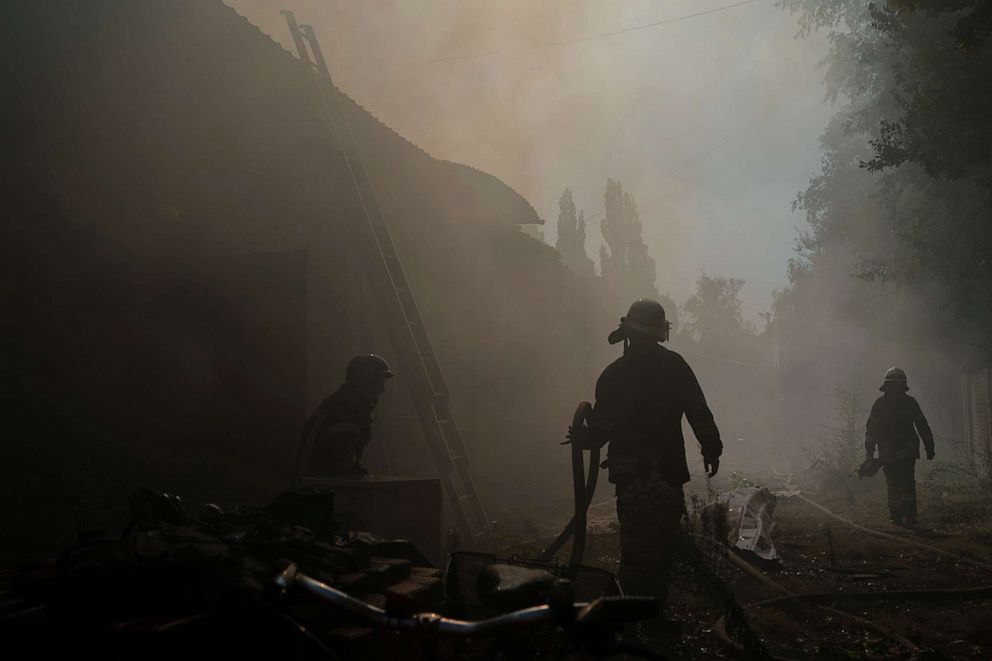Prisoners of Circumstance: A Tale of Unseen Struggles

In a world often perceived through a lens of privilege and opportunity, countless individuals live as Prisoners of Circumstance. This term encapsulates the plight of those ensnared by external conditions beyond their control, rendering them vulnerable to the whims of fate. Life circumstances—be they socio-economic, geographical, or familial—shape destinies, often dictating paths that lead to unforeseen struggles. This narrative delves into the profound impact of such circumstances, illustrating how they can confine the spirit and limit potential.
The Weight of Socio-Economic Disparities
Socio-economic status is a formidable determinant of life outcomes. Individuals born into impoverished conditions often face insurmountable obstacles that stifle their aspirations. Access to quality education, healthcare, and even basic necessities becomes a luxury. The heavy mantle of poverty can warp a person’s vision, overshadowing their innate talents and desires.
Take, for instance, a child growing up in a marginalized community. Limited resources can engender feelings of hopelessness, creating a cycle of despair that is difficult to escape. The child may possess extraordinary potential but lacks the means to realize it. Dreams of higher education or stable employment may remain just that—dreams, unfulfilled due to the constraints imposed by their environment.
The Impact of Geographical Location
Geographical location further exacerbates the plight of those already burdened by socio-economic challenges. In many parts of the world, rural communities are often isolated from essential services and opportunities. A lack of infrastructure, such as reliable transportation and internet access, can hinder access to education and employment.
Consider an individual living in a remote village where job opportunities are scarce, and educational institutions are non-existent. The longing for a better life may seem futile as they grapple with the stark reality of their circumstances. The boundaries of their world constrict their aspirations, casting a long shadow over their potential.
Familial Dynamics and Personal Circumstances
Familial dynamics also play a pivotal role in shaping individual destinies. Dysfunctional family structures can impose additional barriers, compounding the struggles of those already considered Prisoners of Circumstance. Domestic violence, substance abuse, or mental health issues within a family can create an oppressive atmosphere, leaving individuals feeling trapped.
A young adult escaping a turbulent home life may face the daunting challenge of self-sufficiency. The absence of familial support can lead to precarious living conditions and exacerbate mental health issues, further complicating their journey toward stability. In this regard, the struggle is not merely external; it is also deeply internal, as individuals battle against their own emotions and insecurities.
The Role of Mental Health
Mental health is an often-overlooked aspect of the struggles faced by those ensnared by their circumstances. The weight of daily adversities can foster feelings of anxiety and depression, creating a cycle that perpetuates their condition. The stigma surrounding mental health issues can further isolate individuals, preventing them from seeking help.
For example, an individual burdened by the pressures of poverty may feel a profound sense of inadequacy, leading to a lack of motivation. The cycle continues as the emotional toll makes it increasingly difficult to pursue opportunities. In this scenario, mental health issues intertwine with external circumstances, creating a complex web of struggle that is challenging to navigate.
Resilience Amidst Adversity
Despite the formidable challenges faced by Prisoners of Circumstance, stories of resilience emerge. Many individuals, against all odds, find ways to transcend their circumstances. These narratives are often rooted in determination and an unwavering belief in a better future. Community support, mentorship, and access to resources can be catalysts for change, enabling individuals to break free from the constraints imposed upon them.
Consider the story of a young woman who, despite growing up in a low-income neighborhood, excels in her studies. With the help of a dedicated mentor and scholarships, she manages to secure a place at a prestigious university. Her journey illustrates the transformative power of education and the importance of support systems in overcoming adversity.
The Call for Empathy and Understanding
Recognizing the struggles faced by Prisoners of Circumstance calls for a broader societal understanding. It is crucial to foster empathy and compassion towards those ensnared by their situations. Advocating for systemic changes, such as improved access to education, healthcare, and mental health services, is essential in dismantling the barriers that perpetuate inequality.
Moreover, community initiatives aimed at empowering marginalized individuals can pave the way for meaningful change. Programs focused on skill development, mentorship, and mental health support can provide the necessary tools for individuals to reclaim their narratives.
In conclusion, the narrative of being a Prisoners of Circumstance serves as a powerful reminder of the unseen struggles many face daily. By understanding the intricate layers of socio-economic disparities, geographical limitations, familial dynamics, and mental health challenges, society can cultivate a more empathetic perspective. Through collective efforts to address these issues, individuals can begin to transcend their circumstances, unlocking their true potential and forging paths toward brighter futures. In doing so, we can dismantle the metaphorical prison that confines so many, fostering a world where opportunities are accessible to all, regardless of their starting point in life.




